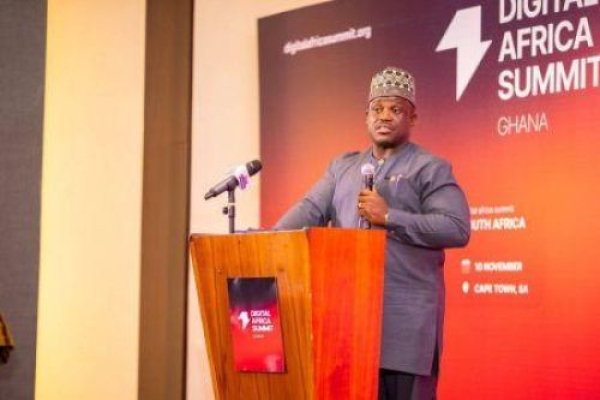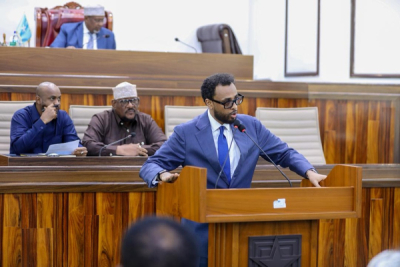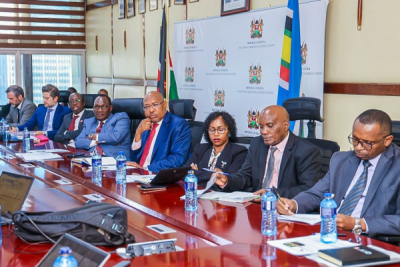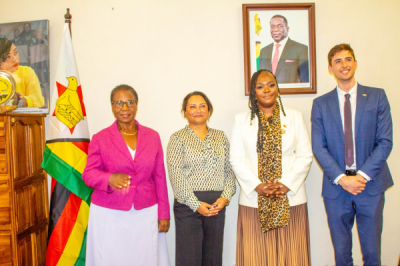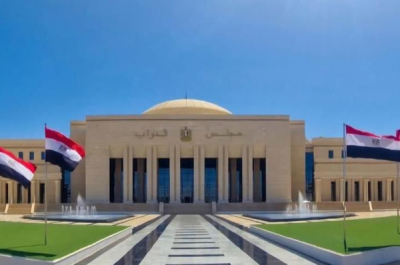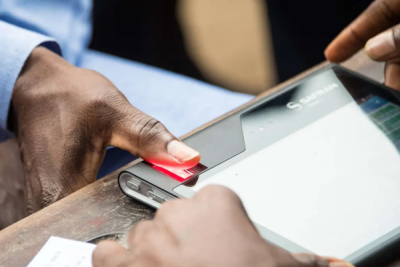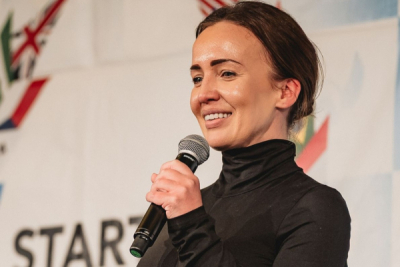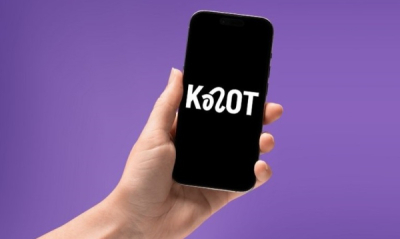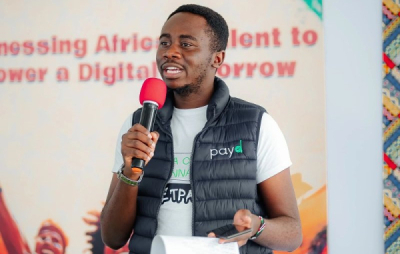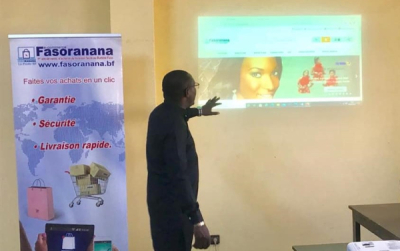-
GSMA projects digital transformation could create $3.4 bln and 500,000 jobs
- Agriculture, industry, trade, transport, and public administration flagged as key sectors
-
National digital strategies aim to boost tax revenue, efficiency, and competitiveness
Ghana’s economy could gain more than 40 billion GHS ($3.4 billion) and nearly 500,000 jobs by 2029 through digital transformation, according to the report Driven Digital Transformation of the Economy in Ghana released on September 3 in Accra by the GSMA. The study identifies five strategic sectors—agriculture, industry, trade, transport, and public administration—as crucial drivers for growth and tax revenue.
Agriculture holds the largest potential, with an estimated 10.5 billion GHS and 190,000 jobs from precision farming and mobile extension services. Industry could generate 15 billion GHS and 110,000 jobs through the adoption of cloud, artificial intelligence, and automation, while also providing 2.6 billion GHS in extra tax revenue.
The modernization of public administration, especially tax collection, could add 5.8 billion GHS by reducing leakages and improving efficiency. E-commerce and digital platforms are projected to contribute 5.1 billion GHS and 60,000 jobs, while digitalization in transport and logistics could add 4.3 billion GHS and 80,000 jobs.
These prospects build on measures already launched by the government. This year Ghana rolled out the RESET program, a national framework for building a “digitally inclusive, data-driven economy.” Key actions include scrapping the electronic transfer levy, launching the One Million Coders initiative to train young developers, and preparing a national digital strategy. A national artificial intelligence strategy is expected in the coming days.
The mobile industry, already a major economic driver, accounts for 8% of GDP, or 94 billion GHS. Despite 99% 4G coverage, only 62% of capacity is in use. With solid infrastructure, Ghana is well-positioned to scale up its digital transformation, supported by mobile money and affordable Internet access, which costs about 1.5% of per capita income.
Challenges remain. The mobile market is highly concentrated, with MTN holding over 75% of subscribers, which limits competition and innovation. Expanding rural infrastructure, updating spectrum management and the Universal Service Fund, and clarifying regulatory frameworks will be vital to attract sustainable private investment. According to GSMA, Ghana’s ability to reach the 40 billion GHS target will depend on balancing access, boosting competition, and fully integrating strategic sectors into the digital economy.


